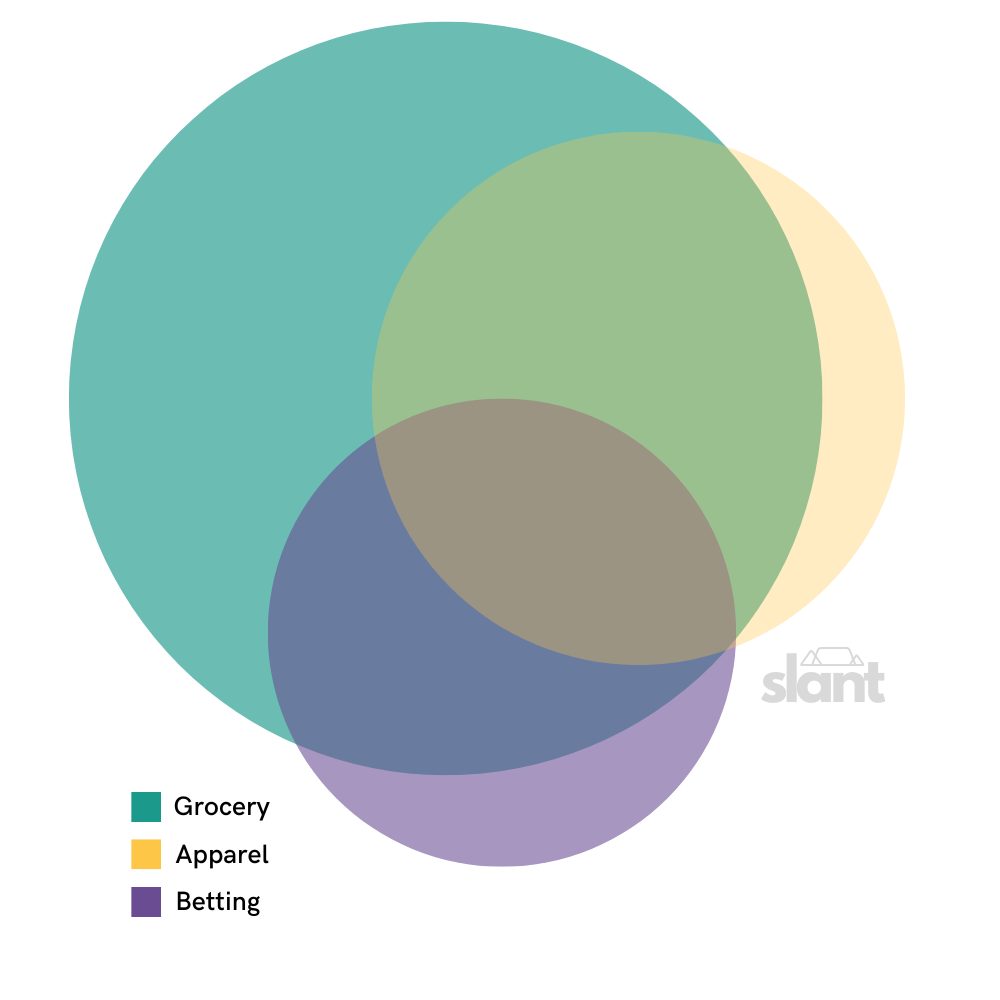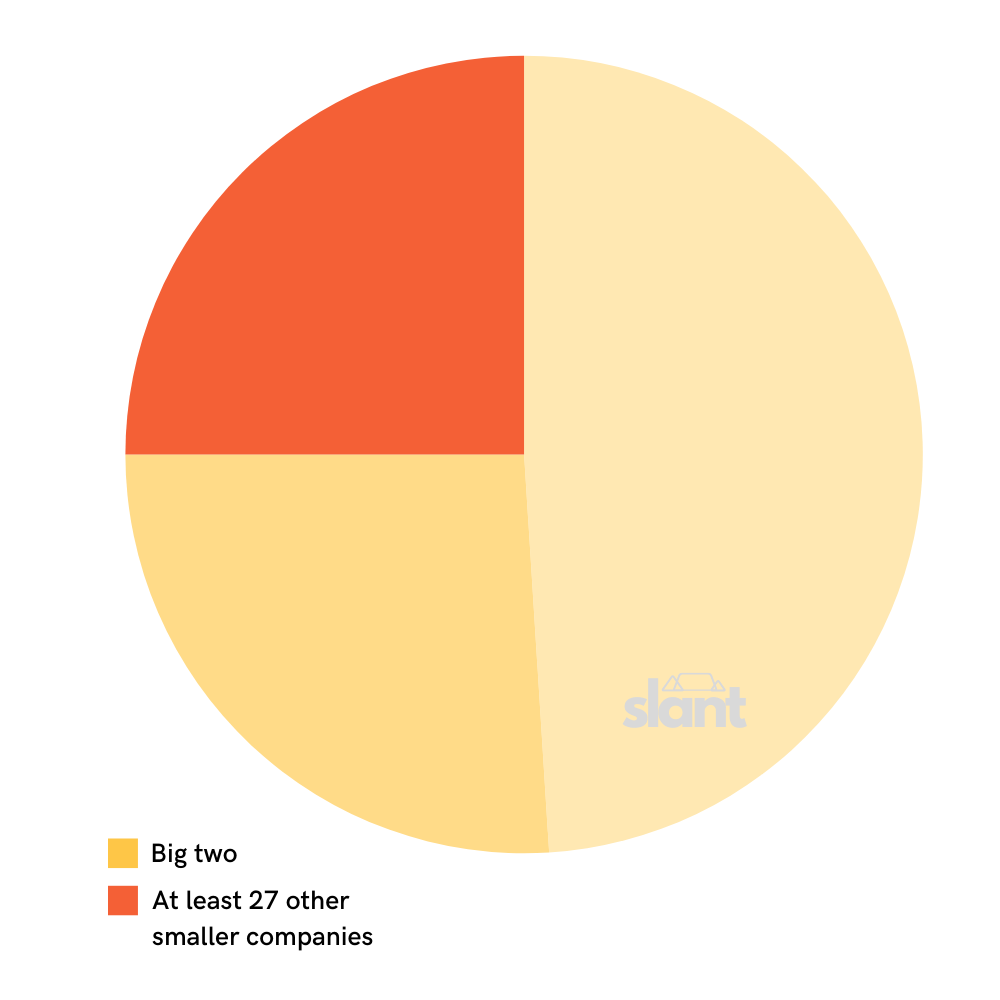Sports betting has grown rapidly in South Africa. Especially since the Covid pandemic, this form of betting has shifted punters from the tables to their devices.
The National Gambling Board reported that betting accounted for 60% of total gaming revenue in the year ending June 2024. In 2020 – only five years ago – betting accounted for less than 30% of total revenue.
The shift in spending has mostly been at the expense of casinos. In-house spending there has largely recovered to pre-Covid levels, but it hasn’t kept pace with the growth in betting.
Any person who watches sport on TV or on a mobile device will recognise that sports betting has grown exponentially in popularity. The number of advertisements for the multitude of betting companies are hard to ignore.
How big is the sports betting audience?
Slant analysed de-identified transaction data from 180,000 actual consumers and isolated transactions with most of the major online betting brands. We then looked at the number of individuals transacting with those brands in the context of their engagement with longer-standing consumer categories: Grocery and Apparel.
The results were astonishing.

Nearly all consumers in our sample shopped for groceries. As shown in the chart, in any given month, about half of those consumers also shop for clothes or footwear. The businesses in the Apparel category are sizable, well-known entities. And many, like MRP and Pep, are listed companies with long track records of doing business in South Africa.
So here’s the thing: our data shows that on average, three of every four apparel shoppers is also betting online. That’s not small – it’s mainstream; a much broader market of individual consumers than Slant expected.
All bets on two horses
The data also revealed just how concentrated the sports betting market is: two companies account for 75% of total spending.

Is any other consumer category in SA this concentrated?
Notably, neither of the big two are JSE-listed companies, and the extent of their businesses and activities in this country are not transparent.
It’s also notable that none of the local listed casino or other gaming companies that are trying to compete in this market seem to be making any meaningful impact on consumer spending.
What does this mean?
The data is unequivocal: the size of the sports betting market in South Africa is massive – so massive that it’s basically mainstream. But because the major players are unlisted, it’s very difficult for investors and competitors to gauge earnings or track performance. And it’s an even bigger challenge for other consumer companies – all of which are fighting for consumers’ rands – to understand this significant new category that has attracted so much spending.
That’s where Slant’s alternative data comes in – we can follow market in real time to empower decision-makers in various industries.
Want to find out more? Get in touch using the button below.

